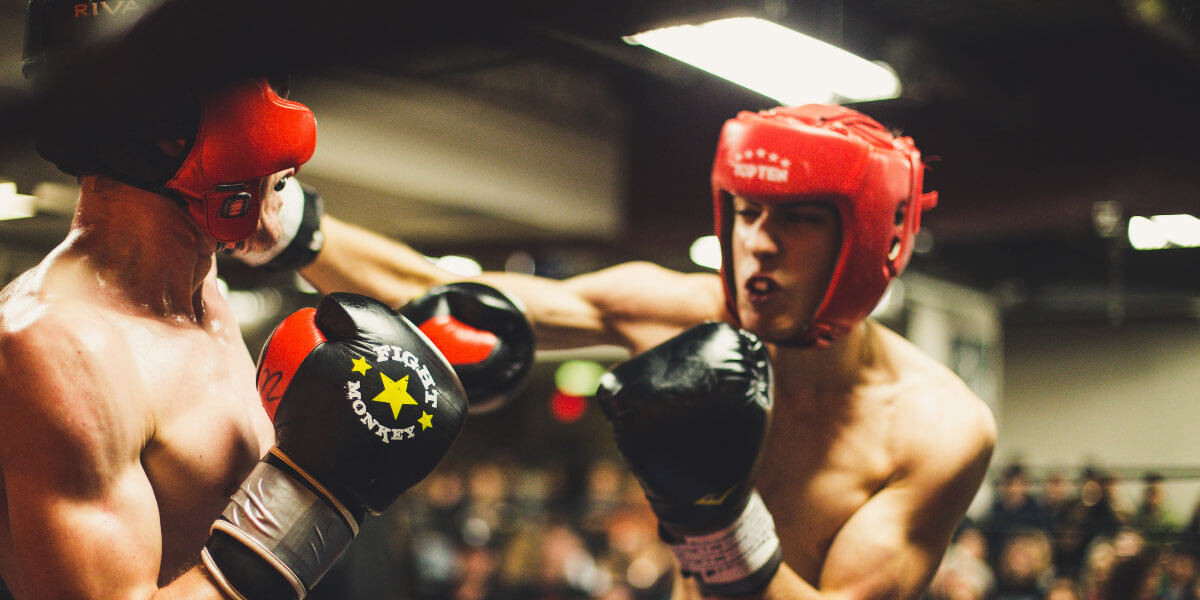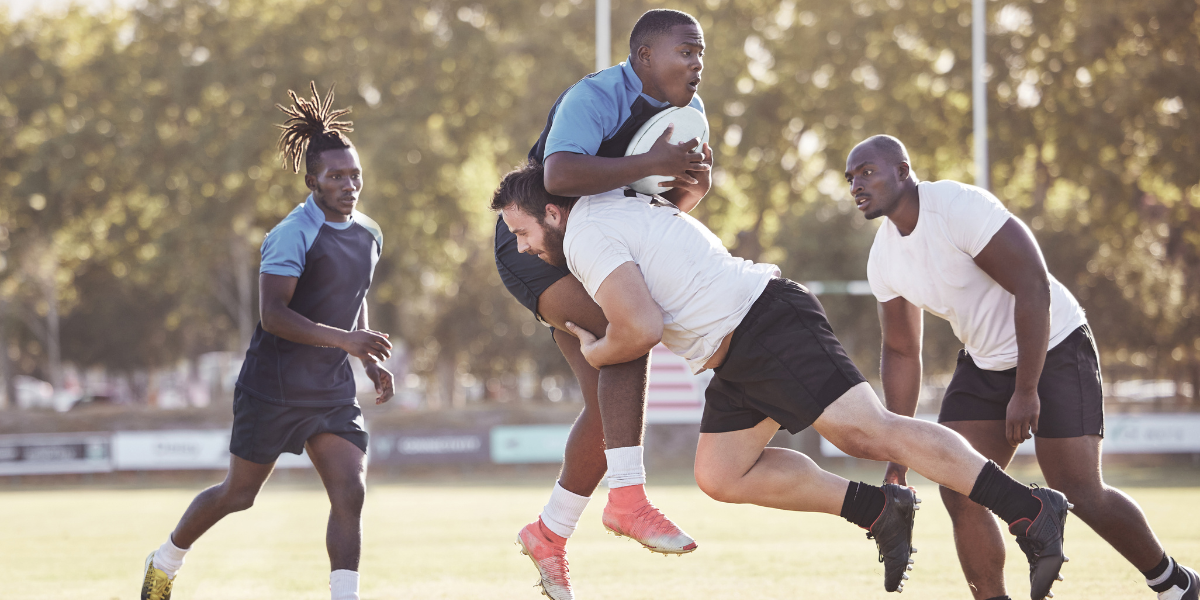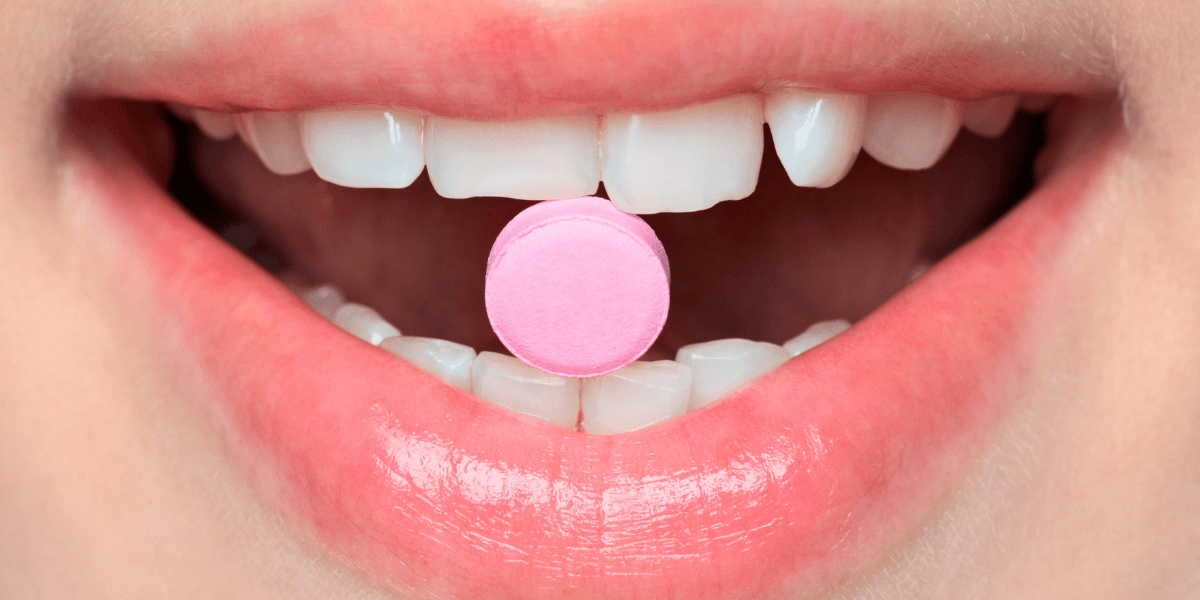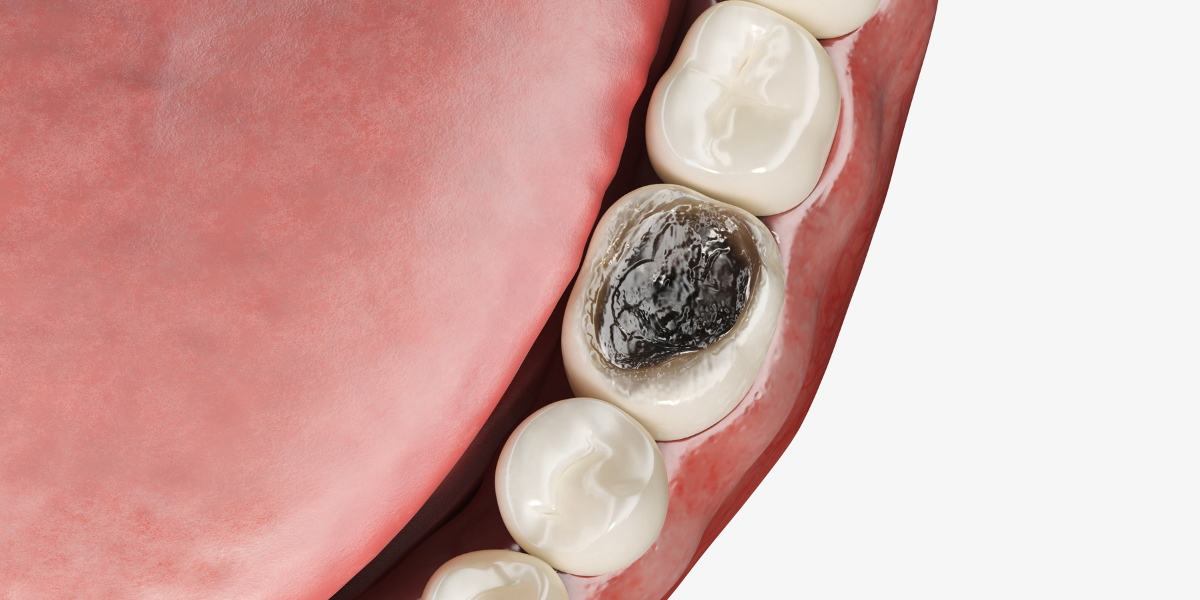How sports mouthguards prevent concussions & protect teeth

Custom sports guards protect teeth from direct trauma and cushion them from rattling together, reducing secondary impact and traumatic injury to the brain.
When you think of mouthguards, you may think of appliances that help to prevent the wear and tear that can happen to the teeth at night when you clench and grind , or you may think of the guards that professional athletes wear to protect their teeth from incoming hockey pucks, elbows, or basketballs. One thing you may not know is that sports mouth guards do more than protect athletes’ smiles; they help to protect their brains as well.
What is the origin of sports mouth guards?
Sports mouth guards have been around for more than a century. The first sport to require mouthguards was boxing in the 1920’s [4]. Even though this type of protective equipment is becoming increasingly more common, it is still optional in many sports, despite the risk the athletes endure if they choose to not wear them.
How do mouth guards protect the teeth?
Healthy children’s teeth help to ensure a good developmental pathway for the formation and eruption of healthy adult teeth. Childhood and adolescent dental health can set the stage for lifelong oral health… or the lack thereof. Dental sports injuries comprise up to 40% of children’s injuries [4]. The good news is that there is something we can do about that. Sports guards protect teeth from being chipped, broken, or even avulsed (knocked out) during sporting activities.
Who should wear sports guards?
Any person participating in sports with a high risk of dental or brain injury should wear a mouth guard [2, 4]. A few examples of this type of sport would include basketball, baseball, rugby, soccer, football, and martial arts. Whether the athlete is 5 years old or 85 years old, injury knows no age limit. Everyone should aim to protect their oral health.
But…how is the brain involved?
When an athlete receives a hit to the head, the teeth rattle together, creating a secondary blow that reverberates throughout the skull and the brain. By placing a quality cushioning layer between the teeth (i.e., a mouth guard), the secondary shock wave can be substantially reduced or eliminated. Studies show that proper use of a mouth guard during impact sports can reduce the incidence of concussion [3] The more we learn about the long-term effects of concussions on the brain, the clearer the importance of protecting our brains becomes.
Concussions can lead to traumatic brain injury. In 2019, a shocking 15% of the entire high school student population in the United States reported concussions related to recreational events within the preceding 12 months [1]
What to look for in a sports mouth guard
Some mouth guards are better than others! While purchasing an off-the-shelf guard will provide some protection, it’s important to note that not one size fits all. An athlete should shop for a mouth guard like they shop for a well-fitting pair of shoes.Even among members of the same team, the needs are different. To receive the biggest benefit, all athletes alike should seek out a custom-fit mouth guard.Custom-fit guards will offer the most comfort, safety, and accommodation of oral anatomy, such as arch size and muscle attachments.Different materials and fabrication techniques can be used to meet the needs of each person [5]
-
Centers for Disease Control and Prevention. (2022, December 15). Traumatic brain injury and concussion.
https://www.cdc.gov/traumaticbraininjury/index.html -
Knapik, J. J., Hoedebecke, B. L., Rogers, G. G., Sharp, M. A., & Marshall, S. W. (2019). Effectiveness of mouthguards for the prevention of orofacial injuries and concussions in sports: Systematic review and meta-analysis. Sports Medicine, 49(8), 1217–1232.
https://doi.org/10.1007/s40279-019-01121-w - Ono, Y., Tanaka, Y., Sako, K., Tanaka, M., & Fujimoto, J. (2020). Association between sports-related concussion and mouthguard use among college sports players: A case-control study based on propensity score matching. International Journal of Environmental Research and Public Health, 17(12), 4493. https://doi.org/10.3390/ijerph17124493
- Parker, K., Marlow, B., Patel, N., & Gill, D. S. (2017). A review of mouthguards:Effectiveness, types, characteristics and indications for use. British Dental Journal, 222(8), 629–633. https://doi.org/10.1038/sj.bdj.2017.365
- Roberts, H. W., (2023). Sports mouthguard overview: Materials, fabrication techniques, existing standards, and future research needs. Dental Traumatology, 39(2), 101–108. https://doi.org/10.1111/edt.12809







